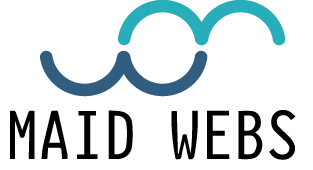The government signed on Tuesday , the Digital Government Law, text authored by deputy Alessandro Molon (PSB-RJ), which establishes rules for the expansion of public services on the internet. The objective is to bring more “efficiency to the public administration, especially through reducing bureaucracy, innovation, digital transformation and citizen participation”.
According to Rodrigo Cunha (PSDB-AL), rapporteur of the project, throughout the pandemic, there was a need to renew or access documents, but the process to obtain the files was confusing. “It was difficult to know how to renew CNH, how to issue birth certificates, RG and even make administrative defenses in processes. Each service that the municipality offers and each service that the state offers responded in a different way. One delivered the service by email , another one per application, another one by letter “, he said during the vote in the Senate. For him, the project solves this problem, offering the citizen a unique form of access, with security and unique keys.
How will it work?
The new law consists of providing a single platform for accessing information regarding public services. In it, federal agencies can issue certificates, certificates, diplomas or other documents signed electronically, without the person having to appear in person to request the documentation. It will also be possible to receive communications and subpoenas through the platform.
To access the platform, it will be necessary to inform only the CPF or CNPJ, in the case of companies. With the Law, the CPF number must appear in other documents, such as identity card, National Health Card, voter registration, work card, among others.
Services of organs of the Executive, Legislative, Judiciary and Public Prosecutors are included in the Law. In addition to these, foundations, public companies and mixed economy companies that provide public services are also included. The text may also be valid for states and municipalities, if there is no specific law. The measure is expected to take effect in the next three months.
It is important to emphasize that the face-to-face services will continue to function, depending on the relevance of the request and the demanding target audience.

